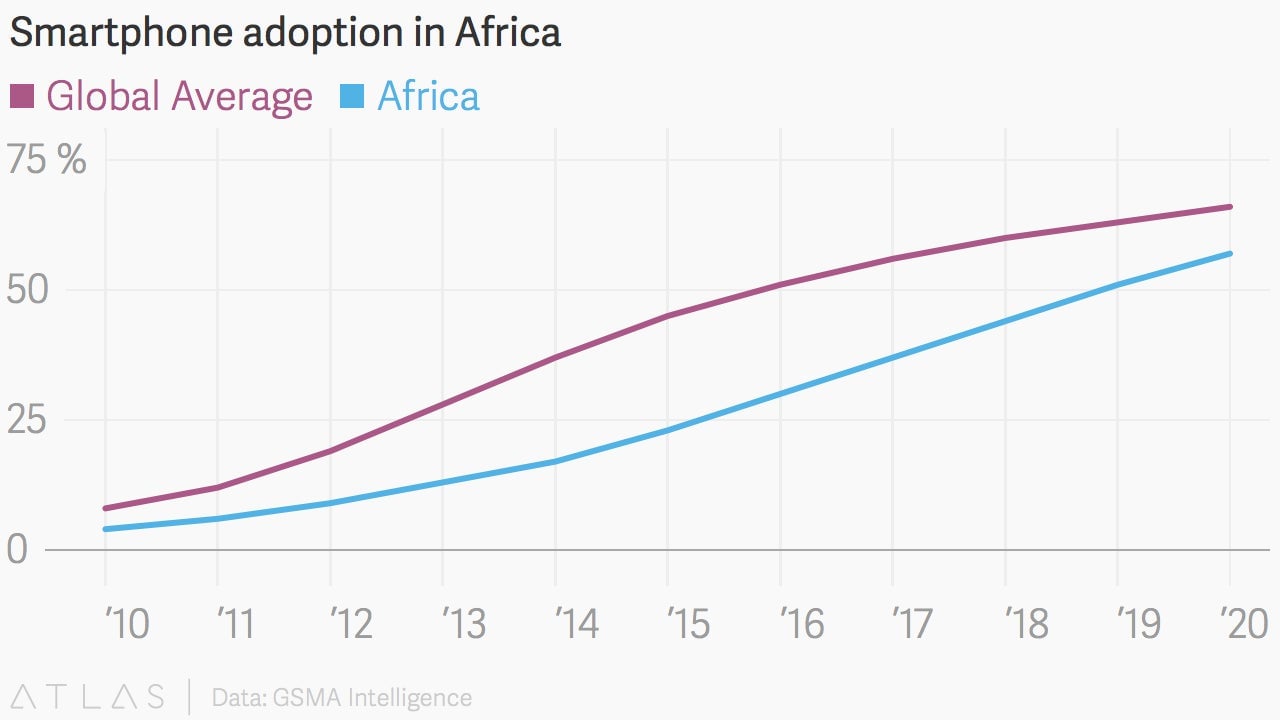ANC’s losses, Zimbabwe’s new parliament, Uganda’s anti-smut machine
Hi, Quartz Africa readers!

Hi, Quartz Africa readers!
[insertSponsor]
The revolution will be gradual
When politicians and activists call for change it can sound like a one-time use product. Like something you pull off a supermarket shelf, open up and it’s there. But most realists know meaningful change takes time.
There’s a lot of demand for change across the continent, which is unsurprising given that too many of our countries are in earlier stages of development than they would be with better leadership. A combination of our young demographics and rising access to smartphones and with that social media, means the voices for change are getting louder.
Zimbabwean #ThisFlag activists go as far as to say a movement for change in their country has been coordinated on social media, Facebook, Twitter, and WhatsApp. Robert Mugabe’s government may be in power for a few more years but change is now in the air.
But it’s not just social media. Given a fair chance, change will happen in Africa at the ballot box. It happened in Nigeria last year, where some claimed it would never happen without conflict. Some Nigerians complain about the country’s current economic state, but they’re more confident than ever that if needed, they have the next election in 2019. That newfound belief in the process is the most significant change.
Change happened this week at South Africa’s local elections. ANC, the party of Mandela, got a severe rebuke from the people. And while it is by no means a complete overhaul of the ANC government, there is no doubt the tide has turned and could lead to a shakeup of the ruling party and South African politics.
Change can feel slow in the moment, but it’s happening.
Yinka Adegoke, Quartz Africa editor
Five stories from this week
Mandela’s legacy can’t protect the ANC from itself. More than anything, the party’s poor results in local elections this week shows the continued dissatisfaction with the government of Jacob Zuma, writes Abdi Latif Dahir. The elections also point toward a realignment of political realities in South Africa as young voters born after the end of apartheid in 1994 come of age.
A new anti-malarial compound. Scientists at the University of Cape Town have found a new compound that can be used for treatment and prevention of malaria, writes Yomi Kazeem. Researchers say the compound, which has the ability to fight all stages of the malaria parasite life-cycle, could help eradicate the disease from Africa, which accounts for 90% of the world’s malaria-related deaths.
Uganda wages a war on pornography. Uganda is taking its anti-pornography fight seriously. After passing legislation that criminalizes the publishing and viewing of porn, the East African country has spent $88,000 on a “porn-detection machine” from South Korea that scrutinizes mobile phones and other electronic devices for pornography.
China is building Zimbabwe a new parliament. Chinese officials pledged $46 million in funds for a new parliament building, to be constructed just outside Zimbabwe’s capital of Harare. Helping African governments erect government buildings is one of China’s oldest diplomatic strategies on the continent, but it could backfire this time, writes Lily Kuo.
Nigeria keeps remittances expensive. At a time when technology is driving the cost of sending and receiving remittances around the world down, Nigeria’s Central Bank appears intent on keeping them high. A new directive could force all but three money transfer operators in the country to close.
Chart of the Week
Smartphone usage has more than doubled in Africa over the last two years as the average price for a smartphone dropped to $160 in 2015 from $230 in 2012.

Other things we liked
Luanda, the most expensive city in the world, is in crisis. The rise of oil prices in the past decade made Angola’s capital, Luanda, one of the most expensive cities in the world. Now, as oil prices have crashed, thousands of Angolans are dying of preventable diseases, the nation’s hospitals are out of medicine, and a bag of rice now costs five times what it did a year ago, writes Kevin Sieff for the Washington Post.
Bike sharing in Kenya. The University of Nairobi is starting a bike-sharing scheme, set to launch next month, aimed at easing Nairobi’s notorious traffic. As Edith Honan writes in the Financial Times, one goal of the pilot project is to change the mindset of Nairobi commuters. “If you’re riding a bicycle, it means you must be broke, whereas it’s prestigious to have a car,” said Tonny Omwansa, the designer of the project.
Egypt’s waning international influence. Egypt was once seen as a political and cultural leader in both the African continent and the Arab world. Now, the country has become inward looking and politically marginalized in a way not seen for generations, Liam Stack writes in the New York Times.
Keep an eye on
Elections in Zambia. Voters in Zambia go to the polls on Aug. 11 to decide whether or not to keep incumbent president Edgar Lungu in power. Besides the presidency, the election will also include parliamentary, local and referendum votes. Lungu has already said that he is ready to use draconian means to ensure peace after the elections.
Fallout from South Africa’s municipal elections. After gaining on South Africa’s ruling ANC party, opposition parties, the Democratic Alliance and the Economic Freedom Fighters, will be focused on forming coalitions and wooing rivals to govern their narrowly won battlegrounds.
Our best wishes for a productive week ahead. Please send any news, comments, ideas, parliament construction plans, porn-detection machines, and coalitions to [email protected]. You can follow us on twitter at @qzafrica for updates throughout the day.